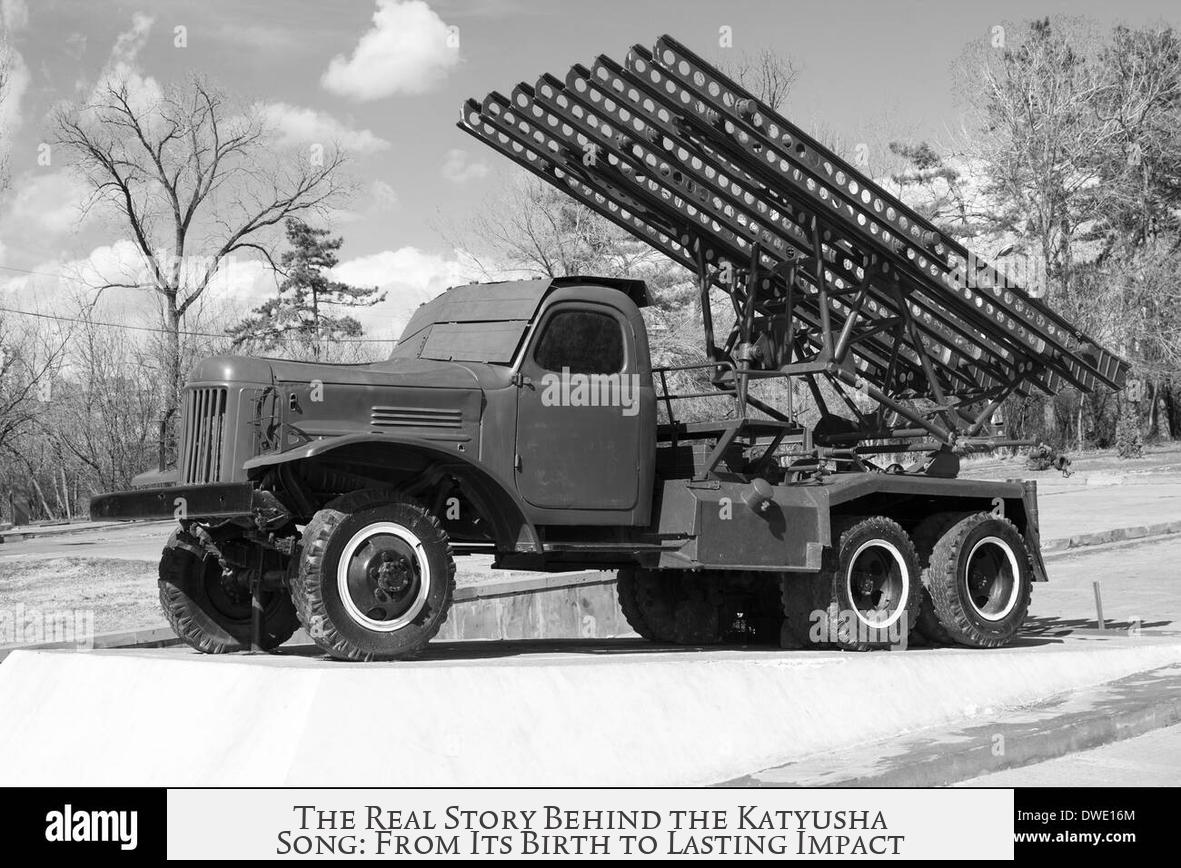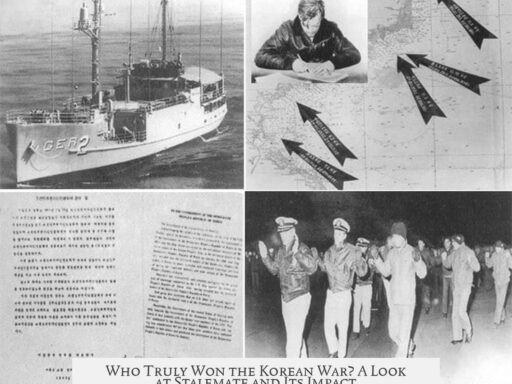The Katyusha song, composed in 1938, is a Soviet-era ballad that captures the emotional farewell of a young woman called Katyusha to her soldier lover during wartime. This song reflects themes of love, separation, and hope. Its enduring appeal extends beyond Soviet borders, resonating with audiences worldwide.

Katyusha was created just before World War II. It gained prominence during the war because its lyrics describe the experience of lovers parted by conflict. The woman waits by apple trees, thinking of her “grey steppe eagle,” a metaphor for her soldier. The lyric “May he keep our motherland / And Katyusha will keep her loving heart” connects personal affection with patriotic duty. This link gave comfort to families and soldiers alike.
The song’s lyrics mostly avoid political content. Apart from the patriotic reference to the motherland, Katyusha tells a simple story of romantic devotion and longing. It depicts a springtime scene, emphasizing nature’s beauty and human emotion rather than ideology. This approach makes the song feel universal and timeless.

Despite its gentle tone, Katyusha carries subtle propaganda elements common in Soviet art. Artists had to align their works with state expectations to receive support. The song’s respect for the soldier and the homeland fits this framework. However, it does so without overt political messaging, which helps explain its broad appeal.
Today, Katyusha remains a popular folk song. Its melody and lyrics have changed little over decades. Its emotional core—a story of love amid hardship—is relevant to many cultures and conflicts. Performers worldwide have adopted it, showing its power to unite people beyond its Soviet origins.
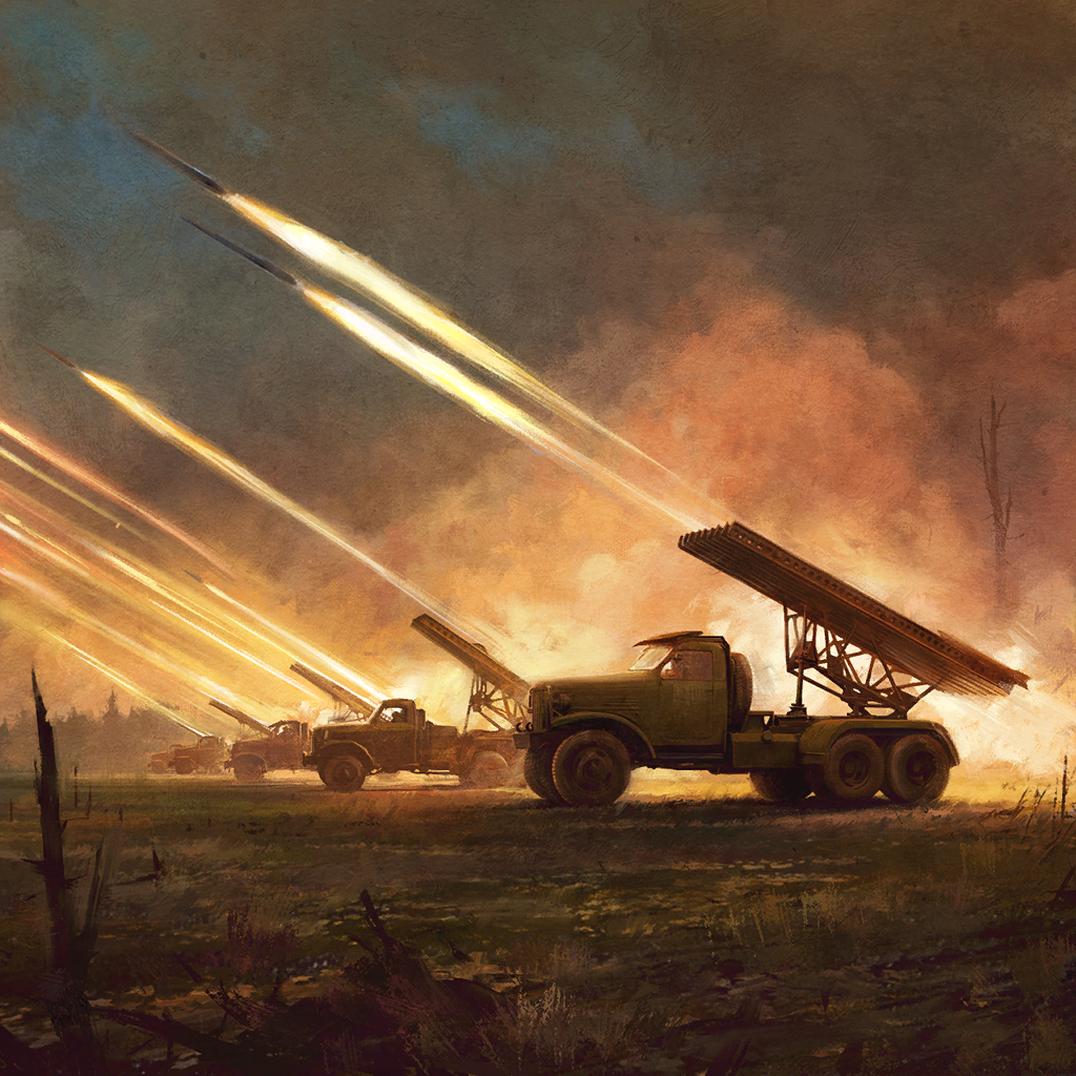
- Composed in 1938, Katyusha is a Soviet wartime song.
- Lyrics tell of a woman loving a distant soldier.
- The song balances personal emotion with patriotic themes.
- It includes subtle propaganda typical of Soviet art.
- Katyusha has broad, lasting popularity globally.
Trying to Understand Katyusha Song? Here’s the Real Story Behind the Soviet Classic
Trying to understand Katyusha song? You’re not alone. This iconic tune has marched its way through history, touching hearts far beyond where it started. The song Katyusha isn’t just a catchy melody; it’s a window into a very specific time, place, and feeling, wrapped in simplicity and enduring emotion.
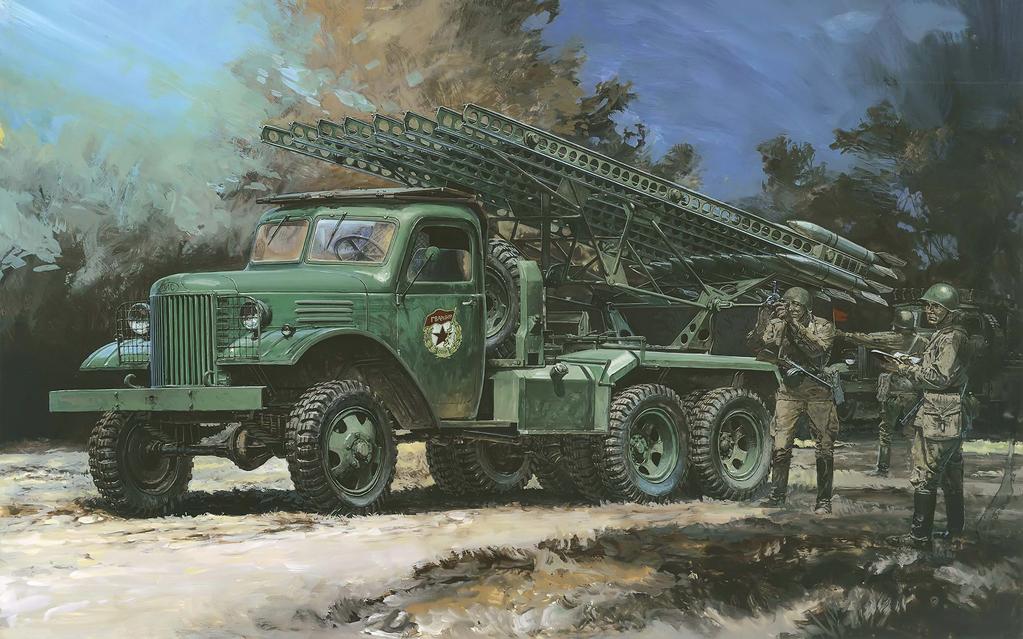
Let’s break down what makes Katyusha so special — and why it’s still relevant even decades after its birth.
From Humble Beginnings: The Birth of Katyusha
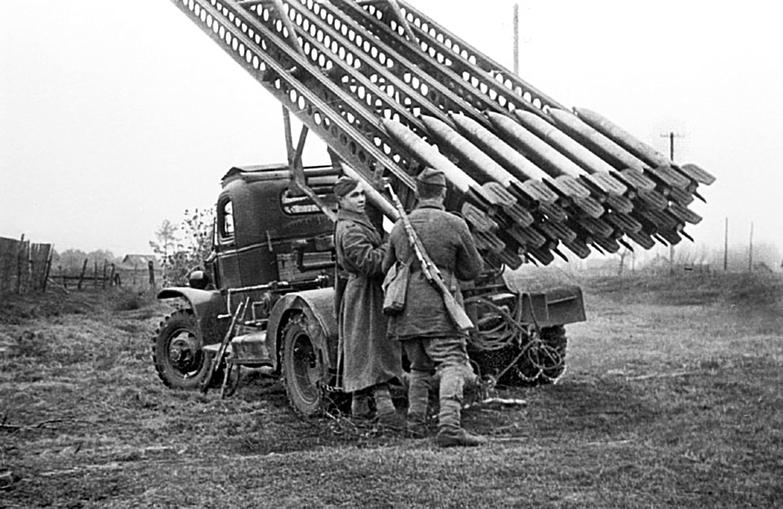
Picture the year 1938, Soviet Union, a place where art wasn’t just art; it was a tool. The Katyusha song was composed here, back before the Second World War cast its long shadow. That alone sets the stage: a tune born in a politically charged era, but not one strictly about politics.
The song’s creator pens a story about a young woman, named Katyusha. She’s waiting. Not just aimlessly, but with love and hope — for her soldier, far away in battle. The lyrics paint a warm, springtime scene under apple trees, with images like him being a “grey steppe eagle” to her delicate maiden figure. It’s a love story, simple and human.

The Wartime Heartbeat of a Nation
When World War II rolled around, Katyusha became more than a song. It became a balm. Soldiers and families separated by war heard in its verses their fears, hopes, and loyalty. “May he keep our motherland and Katyusha will keep her loving heart…” This line says it all. It blends personal longing with collective loyalty without pushing one painfully hard political message.
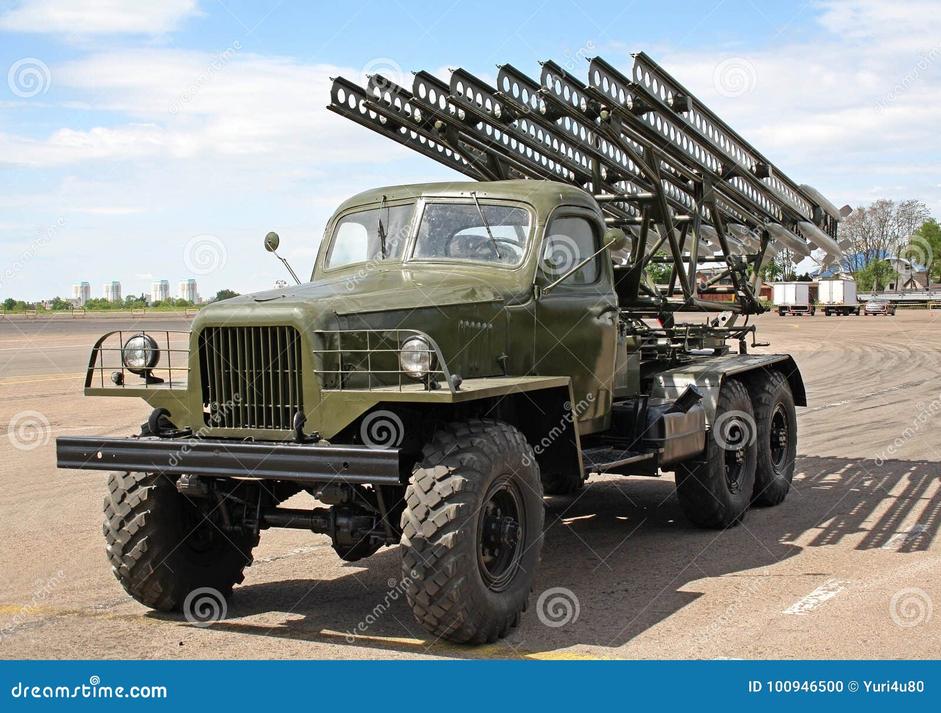
This balance made Katyusha stand out. It was a song that didn’t just serve propaganda — oh wait, yes, it did, but cleverly. Most Soviet art had to toe the line. For a work to get the green light, it had to respect “the state” and not upset the socialist apple cart. Katyusha was no exception, but it found a sweet spot.
The Thin Line Between Art and Propaganda
Katyusha navigates a tricky path. Although it was created at a time when the Soviet regime expected artists to contribute to its narrative, the lyrics remain surprisingly apolitical. The mention of the “motherland” ties it to Soviet patriotism, but beyond that, the song sings about love and separation — feelings universal, untouched by harsh political commands.
This make Katyusha unique: it’s both a tool of state messaging and a folk song destined to live on its own merits. It’s a reminder that propaganda can wear a human face, and that authentic emotion can exist within those constraints.
Why Has Katyusha Lasted? The Power of Universality
Here’s where Katyusha truly shines. Despite being a product of the Soviet Union, which dissolved decades ago, the song marches on. People from Russia to far corners of the world sing it — often with little or no changes to the lyrics. Why? Because it taps into universal themes of love, waiting, and hope during tough times.
Imagine a couple separated by war anywhere — Katyusha can fit that picture just as well as it did in the Russian steppes. Its simple story allows it to transcend geography, politics, and time.
That enduring quality leads us to an interesting insight: folk songs, by nature, evolve and adapt to people’s lives. Katyusha’s survival beyond its original ideological home shows it is not just a relic. Rather, it’s a living, breathing emotional anthem.
Lessons from Katyusha: What Every Song Can Teach Us
When you listen closely to Katyusha, beyond the melody and history, it offers tips for storytelling and art. Keep it simple. Make it real. Connect emotionally without drowning in messages.
- Writing or creating? Remember: emotions trump politics for pure impact.
- Music lovers, ever notice how songs about love and separation are timeless? Katyusha proves this.
- If an artwork has to serve a bigger agenda, subtlety is key. Katyusha mastered it.
- Finally, artists constrained by rules can still create beauty and connection. Boundaries don’t kill creativity; they shape it.
So, What’s the Real Takeaway When Trying to Understand Katyusha Song?
Katyusha is not just a Soviet propaganda piece — it’s a heartfelt folk song about love, hope, and separation. It emerged from a strict political regime but forged a path to universality through authentic storytelling.
This tiny mix explains its power and charm. It’s relatable yet historical, simple yet complex in meaning.
Next time you hum its tune, think about the young maiden under apple trees, not just tanks and battles. That human touch remains Katyusha’s most lasting legacy.
What’s your favorite song that combines political history with personal story? Share your thoughts — because every song has a story waiting to be understood.

